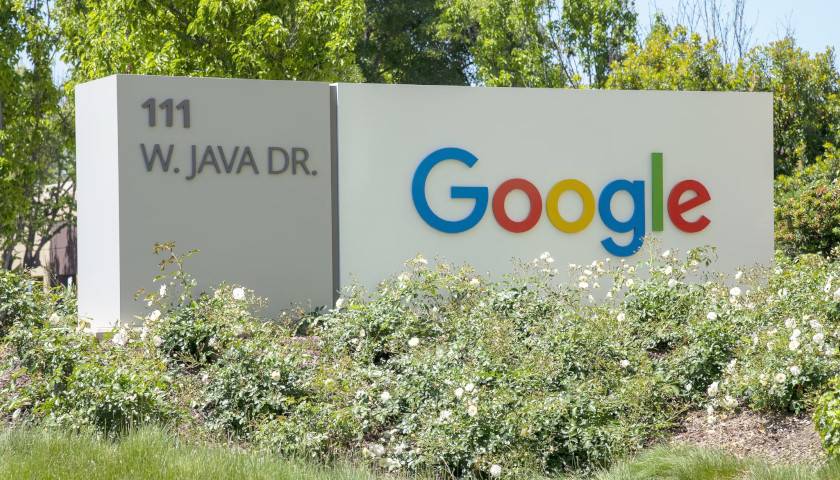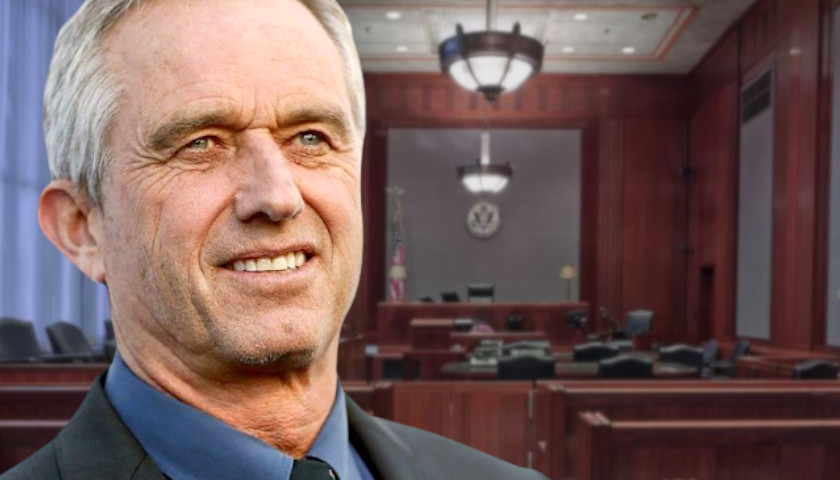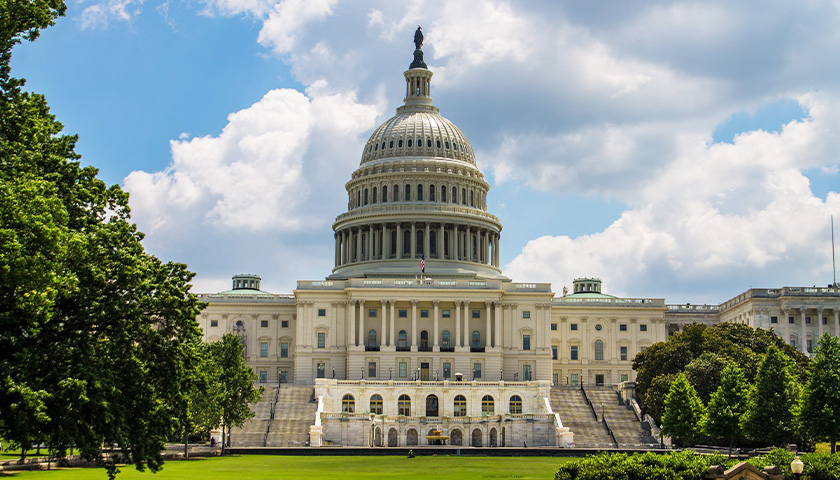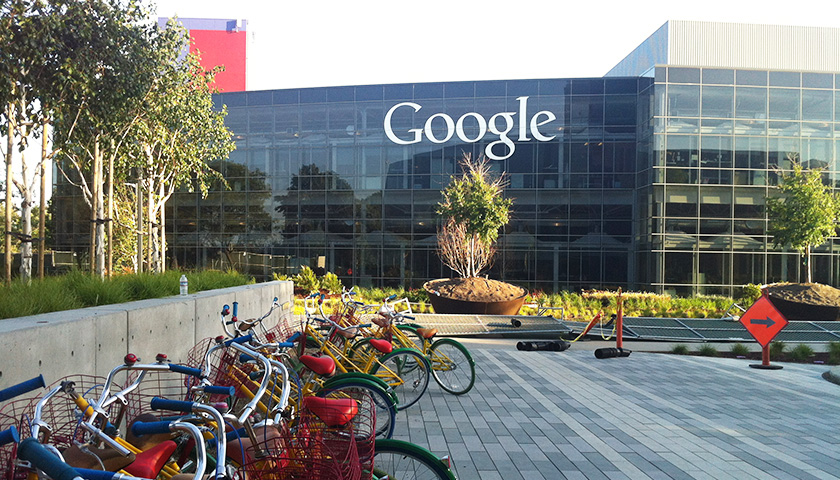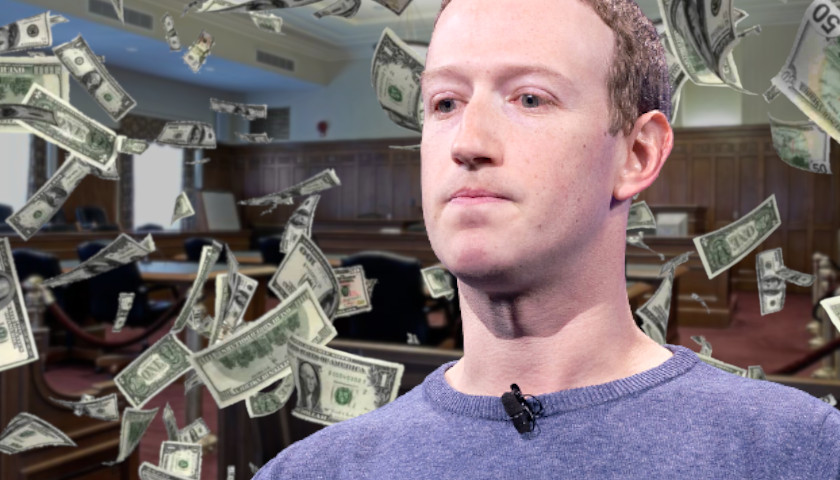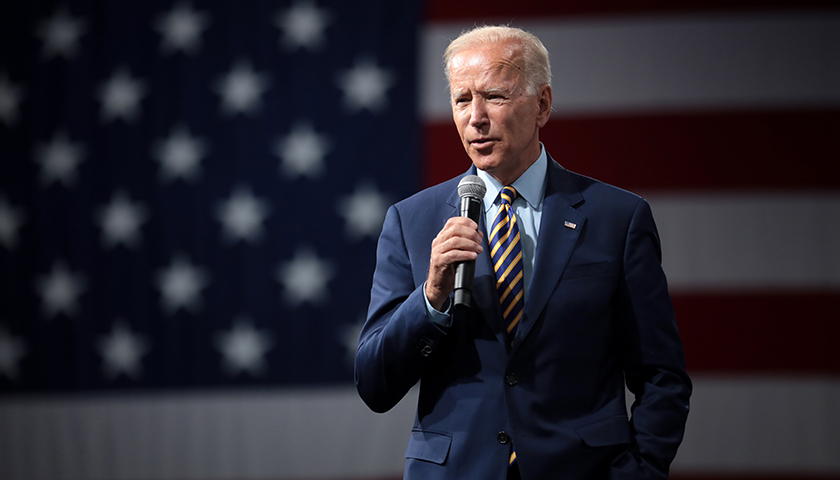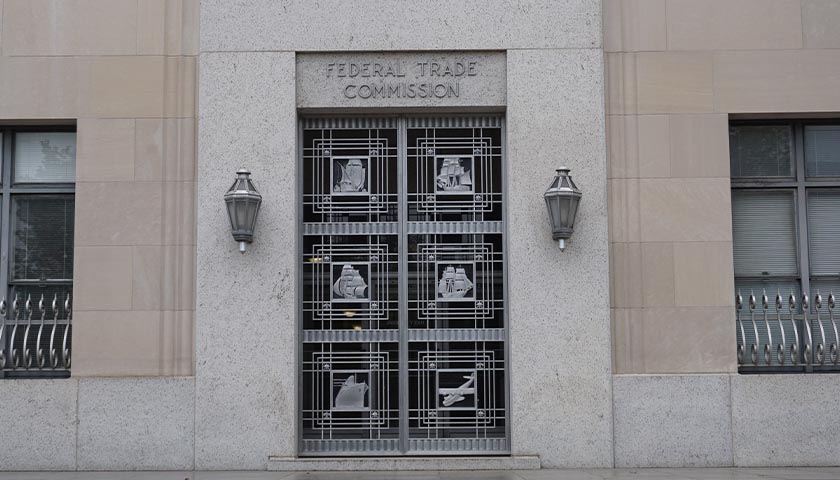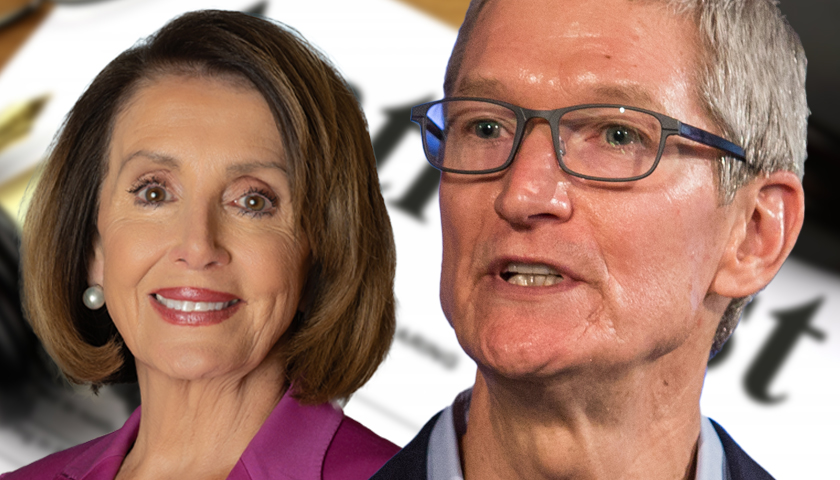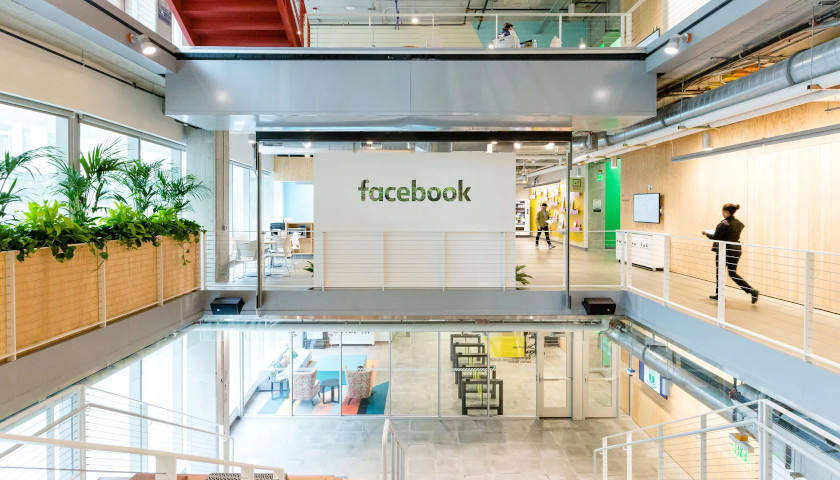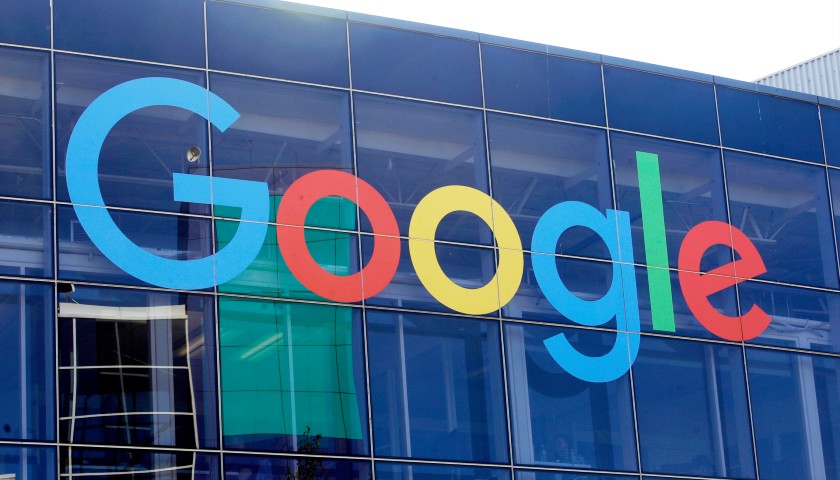Apple has filed a motion to dismiss a case from the United States Department of Justice claiming that it monopolizes the smartphone market using anticompetitive practices making it harder to switch to another phone. Antitrust experts say this case, if won by the DOJ, could set dangerous precedent by granting the government power to more easily define companies as monopolies and practices as monopolistic, and determine what companies must do or cannot do to avoid the label.
The United States Department of Justice and 16 Attorneys General — including California and the District of Columbia — filed a lawsuit in March alleging Apple illegally monopolizes the smartphone market, such as green boxes with “social stigma” for non-Apple text messages and Apple smartwatch incompatibility with other operating systems.
Read More


